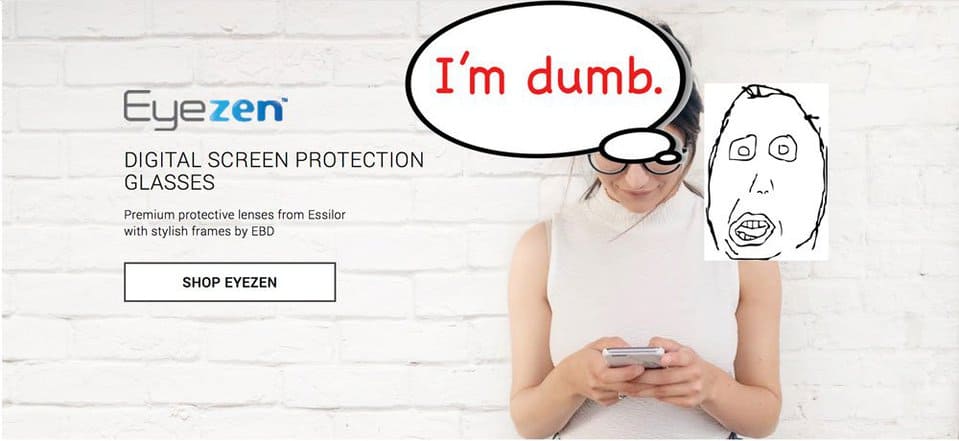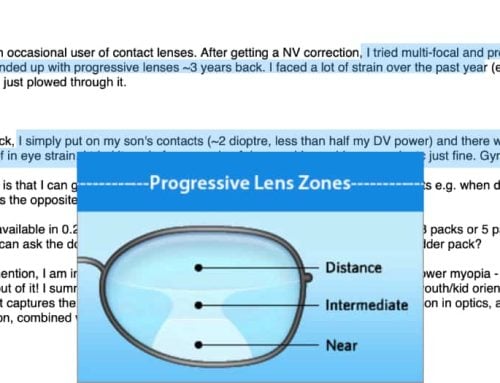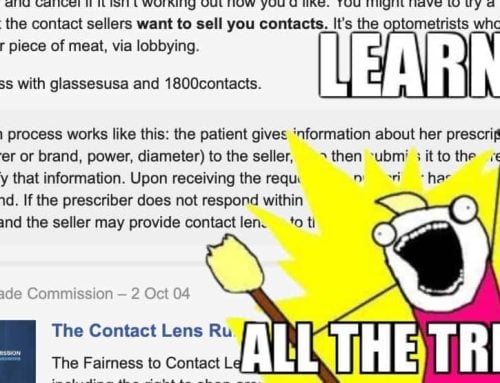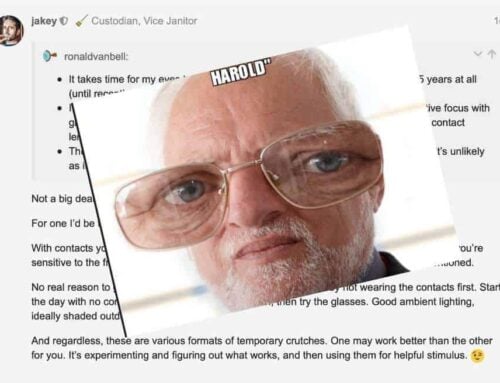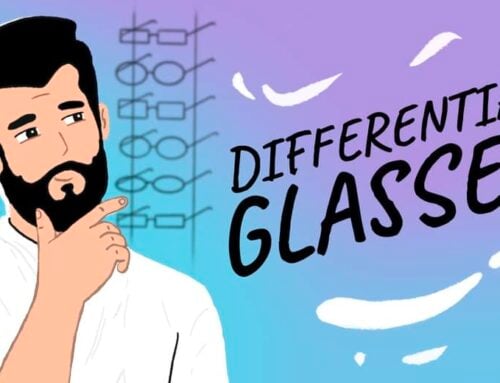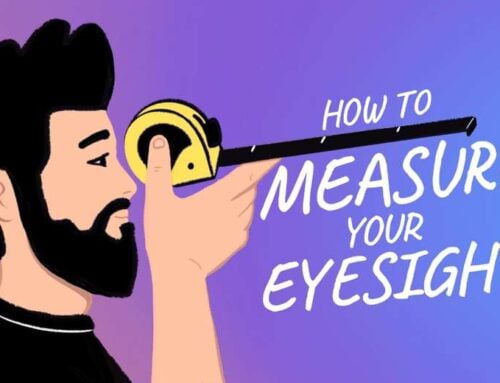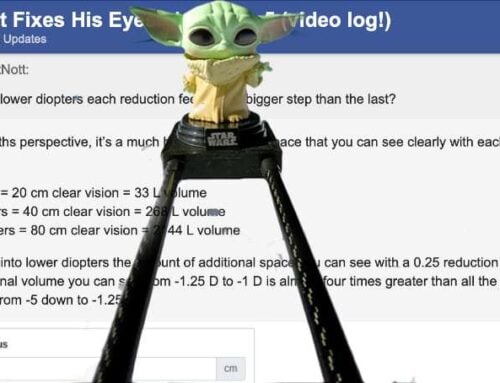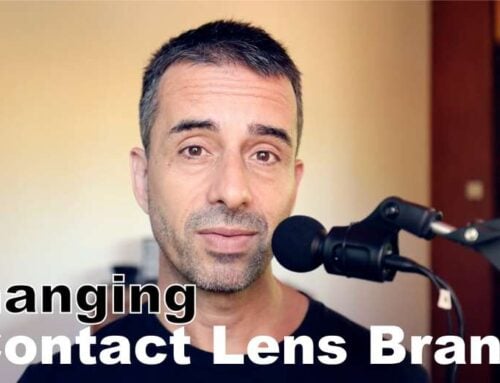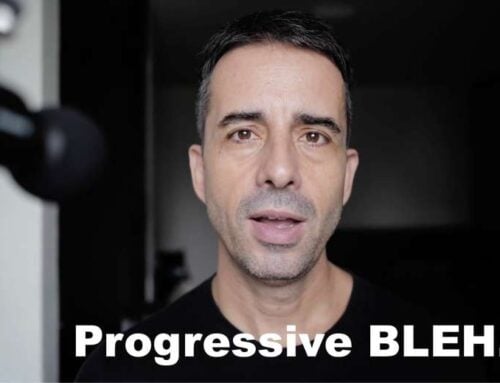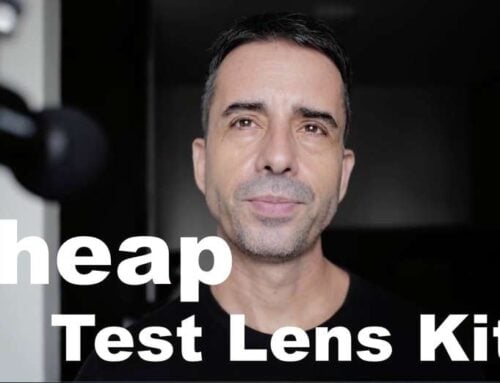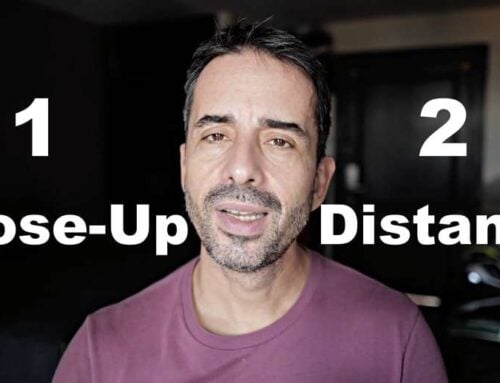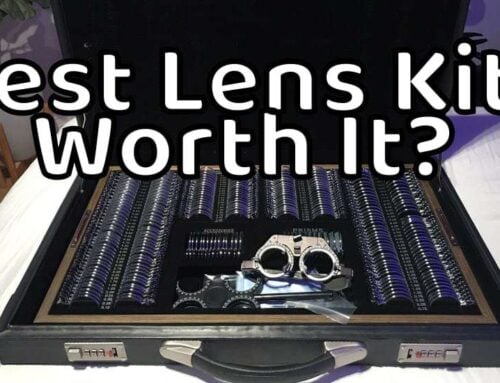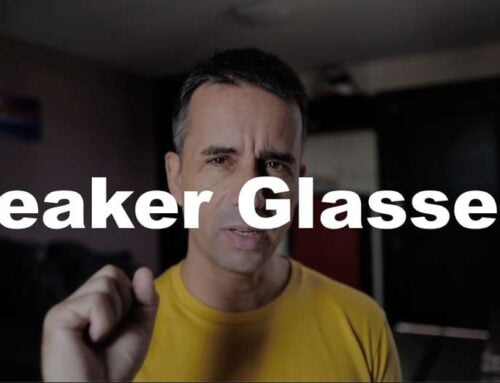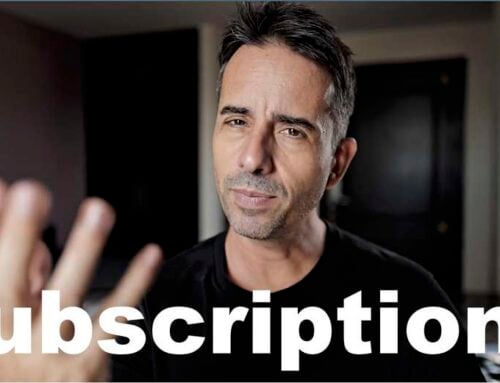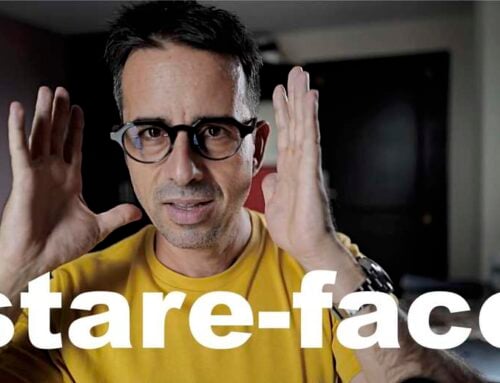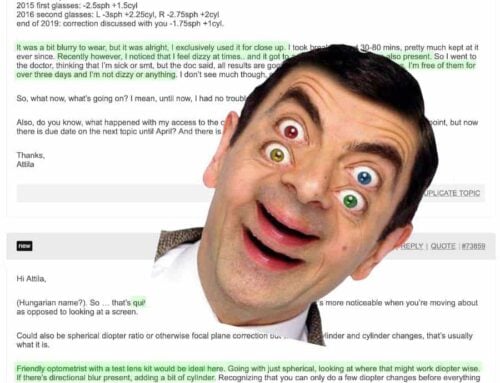Hey. You. Yes, you. Would you like to know if Eyezen glasses are awesome? Worth the extra money? Better for your eyes?
Well, pull up a chair, darling kitteh. This review is exactly what you’ve been looking for.
Trigger Warning: This post contains a disproportionate volume of inconvenient truths. Skim contents quickly if prone to being triggered. Skip reading past the first question if you find yourself in category labeled as option 1).
So, before you read this whole long review and take on all the risks associated, let me ask you just one (personality) question – which will help determine whether Eyezen glasses really will be ideal for you:
What Do You Think When You See “Vitamin” Water?
1) Wow awesome, moar vitamins! Must be worth the 800x premium over regular water!
or
2) Idiots. This is water for idiots.
Spoiler alert: Eyezen is the vitamin water for your eyes.
Except, worse.
First you want to understand just a little bit on how “regular” glasses work:
What Glasses Do For Your Eyesight
Glasses are actually not glass at all. They’re made from plastic. Predominantly polycarbonate and in some (cheaper and maybe better) cases, from something called CR-39.
Clear, curved plastic.
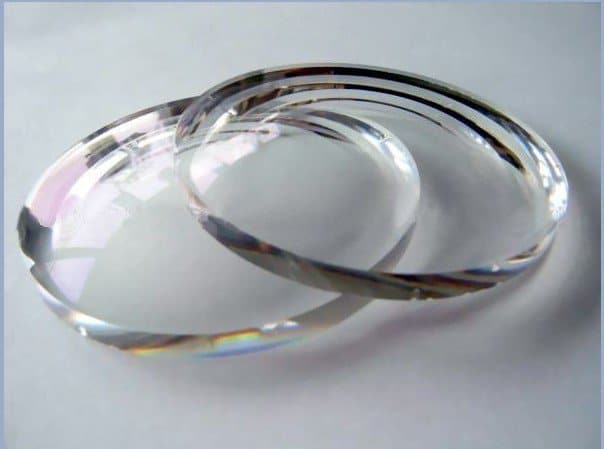 Not exactly a sexy marketing angle, this.
Not exactly a sexy marketing angle, this.
These clear, curved pieces of plastic move the focal point inside your eyeball further back, to converge on your retina. This makes up for either a) a focusing muscle spasm or b) axial elongation of your eyeball, which is what you experience as a myopia symptom. So you put on those focal plane changing clear plastic lenses and bam, myopia symptom is gone.
If you want to know more about myopia causes (and how glasses in general are a bit of a quick fix and kind of stupid), then look at this myopia primer.
That’s what glasses do. Move focal plane.

That’s how your eye focuses light on the retina.
And this is the important part.
Glasses are cheap, simple, non-proprietary. And the lens manufacturing is huge, well over 100 billion (!) dollars a year in sales worth. These guys are always trying to figure out ways to sell you on their product.
Which again, is a cheap product.
Dirty Secret: Lenses Are Really Cheap
And by cheap I mean really, really cheap.
I talk about this extensively in my primer on how to buy glasses, and some of the other dirty tricks of the lens manufacturing industry.
Here’s a little excerpt from that:
 They really don’t want you to know this.
They really don’t want you to know this.
Obviously, glasses cost next to nothing to make.
So how do you make money on branding lenses? Well for one, you rely on an army of sales reps to go to optometrist shops and make sure they sell *your* brand. They make fancy brochures with a bunch of “benefits”, which are dubitable at best since you know … clear pieces of curved plastic. It’s all the same.

That’s $1.60. Or $300 for you.
But you know what? They do get you. They’re really good at it.
The lens manufacturing industry is dominated by Zeiss, Essilor, and Luxottica Group. They make billions of dollars a year, and you get to not ask any questions about any of this. Because, myopia is a mysterious (and very new) genetic deficiency you just mysteriously developed, and buy some more glasses.
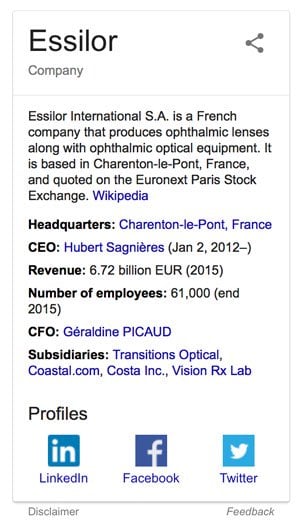
Almost 7 billion (!) Euro.
Also, they’re French. As if everything else wasn’t already enough.
So there you have, two pieces of the puzzle. You now know that 1) glasses are all the same and have very, very simple job and 2) that they’re incredibly cheap to make and are sold very cheaply to your friendly local optometrist.
If you want more on the topic of lenses and how to buy them smart-like, check out our lens buying primer.
It may start dawning on you now, where this is all going …
The Eyezen Magic (Single Vision?!)
What do you do when you want to sell more of *your* product?
That’s right, you need to find ways to differentiate it. Which is going to be a stretch for a product that’s basically a giant commodity with no intellectual property protections. But when you’ve got billions of revenue, you can afford some imaginative marketing.
In other words, lies.
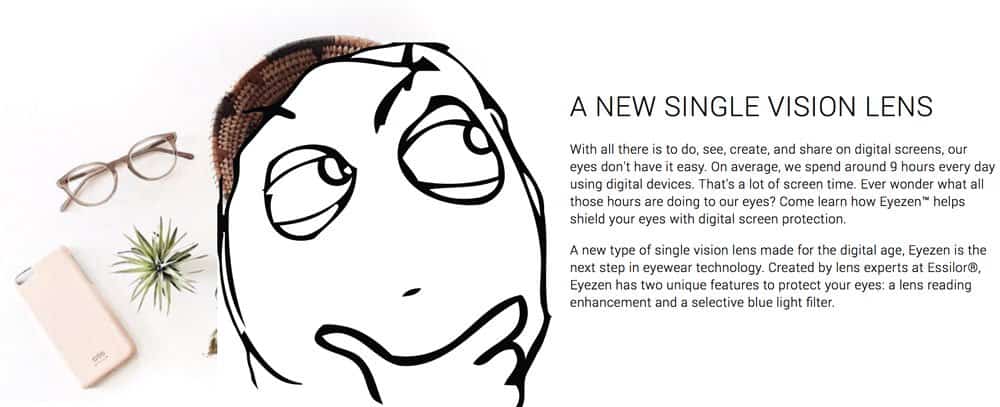
This is straight from their marketing materials of eyezen.
Also hey you, Essilor lawyers that are probably going to freak out about this.
Fair use, bitches. This ain’t France and we’ll slap the smug right off your faces.
So here’s the problem with the “single vision” advertising.
It’s bullshit. Because this is the definition of single vision lenses:
“Single Vision lenses have the same focal power over the whole lens. These are the most commonly prescribed lenses, providing visual correction either up close or at long distances. Most individuals who wear glasses before the age of 40 will usually be prescribed single vision lenses.”
And Eyezen aren’t that at all. Again, straight from their marketing material:
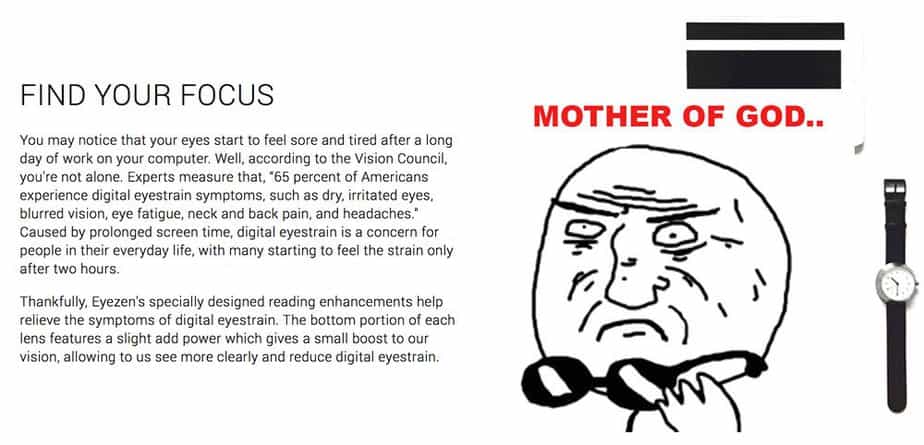
You’re liars, Essilor.
See the bottom of that one?
“Bottom portion of each lens features slight add power to bla bla bla.”
That means they’re multi-focal. They throw in a little plus (or less minus) in part of the lens. Might make your close-up vision better, or might induce presbyopia symptoms early, if you’re over a certain age and already prone to presbyopia.
Which I’m not saying is fact, but certainly possible. And also certainly possibly going to help them sell more multi-focal lenses to you when that happens.
It’s a straight up dirty lie. They tell you that you’re getting a single vision lens, but then they throw in some more focal plane changes. Remember back when Coca Cola had cocaine in their product, to give you that extra bit of juice?
Pablo Escobar would be so proud of you, Essilor. Mix those focal planes in there!
All right, so I’m exaggerating now. This stuff pisses me off.
But wait, there’s more.
Eyezen Blue Light Filter
You really want to go with the trends, when you market an otherwise ubiquitous, purely commoditized product.
Which is why, blue filter.
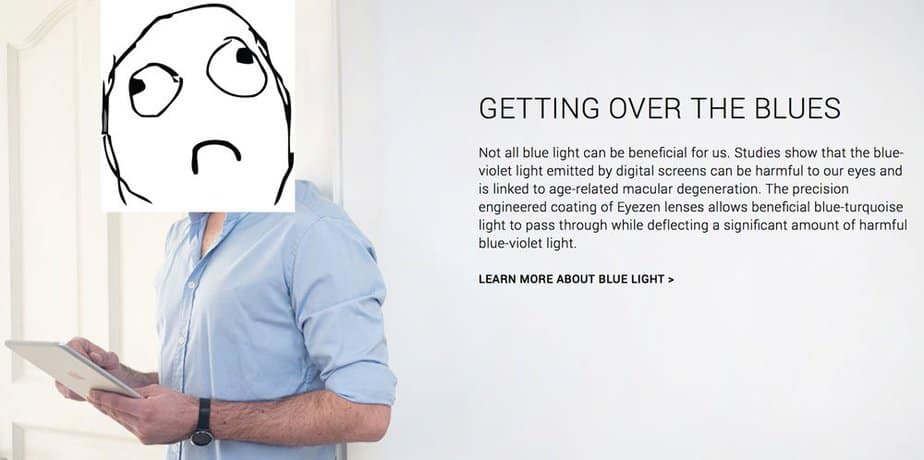
Go ahead, give me a brain aneurism.
This is how our culture works, now.
Yea you read some clickbait headline about how blue light is the devil. Oh no, can’t get that blue light. Never question, just nod and buy stuff.
You know better than to trust these guys by now, who are busy marking up a product by four-zillion percent, emptying your wallet. But in case you’re still in doubt, let me tell you what is bad for your eyes:
Staring at that screen for 8 hours a day.
The blue light thing is like saying that donuts are bad for you because of the shape of the donut hole. Hey, buy our triangular donut holes (TM)! Better for you!
Yes, blue light can be an issue. Mainly if you are up at 3AM, watching Jean-Claude Van Damme re-runs on TV while browsing through 18 tabs of Pornhub on your tablet. Yes, night time, yes melatonin production, yes yes all that. But glasses aren’t going to protect your brain from turning to Van Damme mush and Viagra isn’t really the solution for not being able to get it up for your girlfriend because porn addiction. Blue light filters aren’t going to keep you from “getting the blues” (TM) (and again fkk you, Essilor).
I further explain the inception of Eyezen lenses over in our Facebook group:
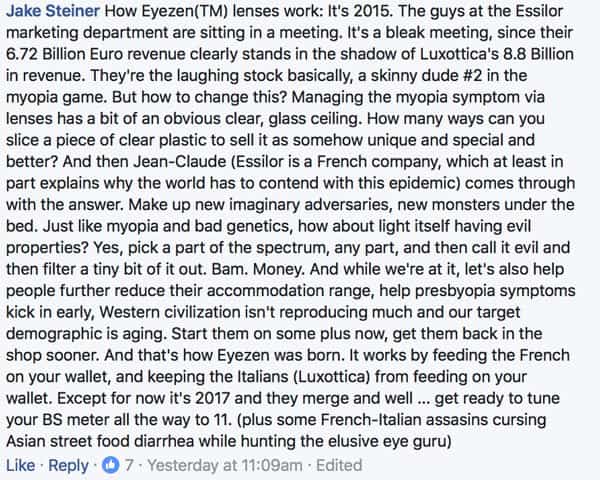 “Facts.” Just how the lens guys do it.
“Facts.” Just how the lens guys do it.
In looking over this very objective and professional review, I could now imagine that the Essilor lawyers may indeed have a case. Oops.
In Conclusion
Vitamin water.
Either you’re a vitamin water type of consumer, or you aren’t. You’re either going to say, “hmm, clear plastic lenses, maybe I’ll just not be sold on all this French marketing fluff talk plus weird focal plane fact fudging”.
Or you’ll say “great, put it on my card”.
Basically a matter of the universe being predetermined, a clear case against free will. The French frog marketers had you before you even heard the first words of their clear plastic lens spin. You’re just a dream within their giant profit-a-hole-lens-scheming dream.
It’s Inception, kittehs.
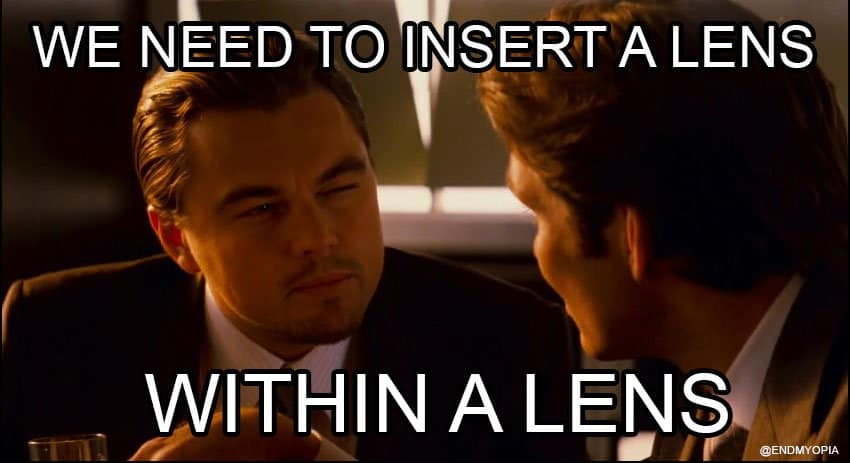 Essilor inception marketing.
Essilor inception marketing.
Cheers,
-Jake

